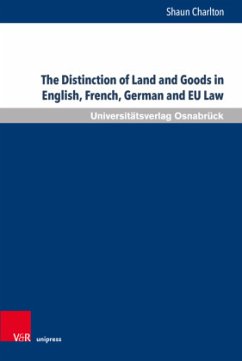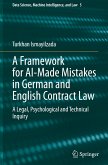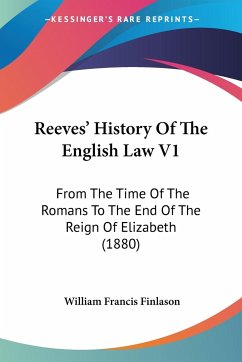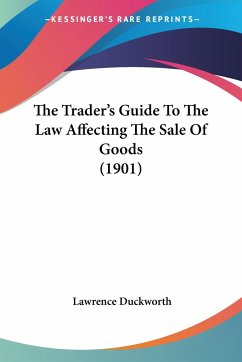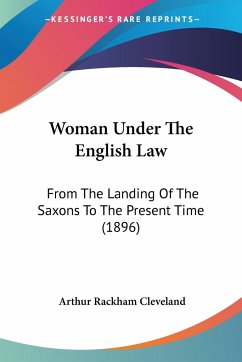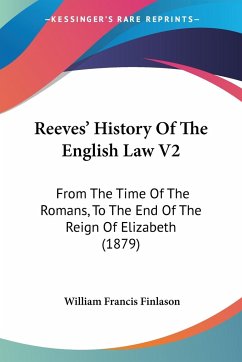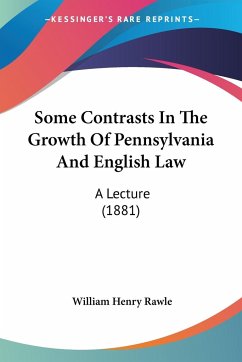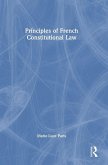Most national law expositions leave a distinct impression of a naturalistic approach to the categorisation of property. The view advocated in this study is that the accession or severance of things to and from land as a 'natural scientific enquiry' based exclusively on blends of physical attachment to or socially-expressed intention in respect of land is misleading, or, at least, not decisive. National law accounts of the rules governing the distinction of land and goods need recalibrating to take account of the purpose, or the legal reasons, why land is being distinguished from goods. This is well illustrated by the example of standing timber, variously described doctrinally and in the national case-law as integral parts of land or (presently-existing or future) goods. Purpose of classification reveals the many nuances of competing policy considerations and, in turn, better reflects the law as it stands. The same principles may be applied to the case-law of the CJEU.
Bitte wählen Sie Ihr Anliegen aus.
Rechnungen
Retourenschein anfordern
Bestellstatus
Storno

